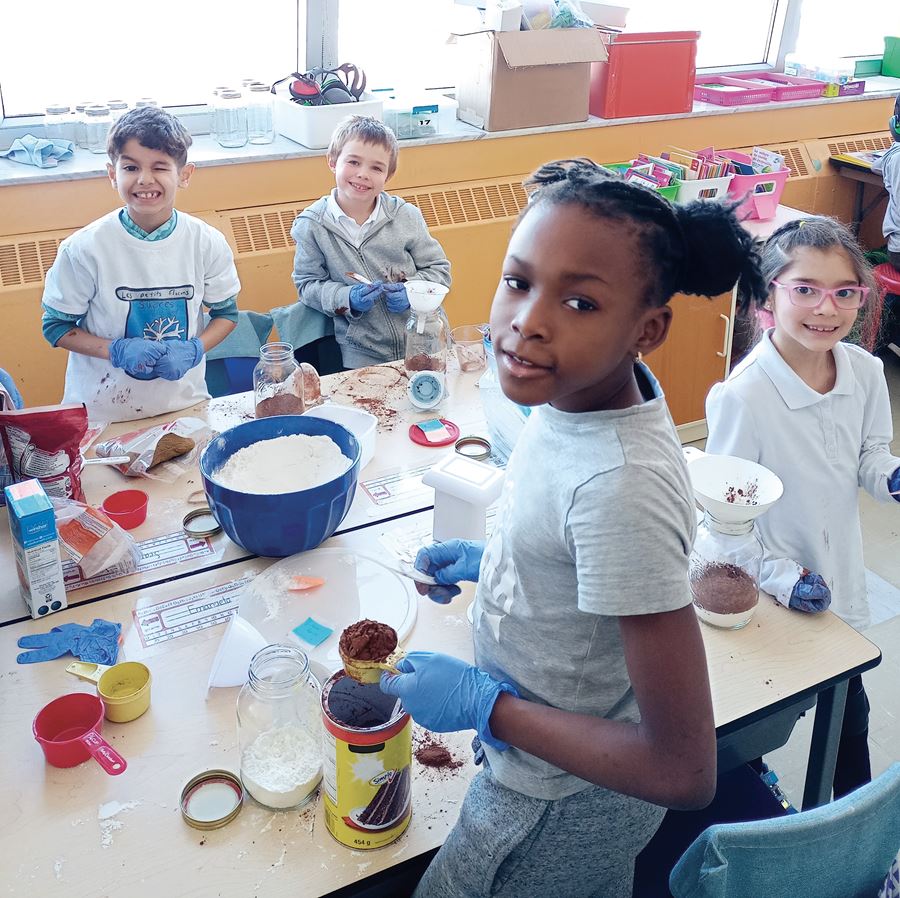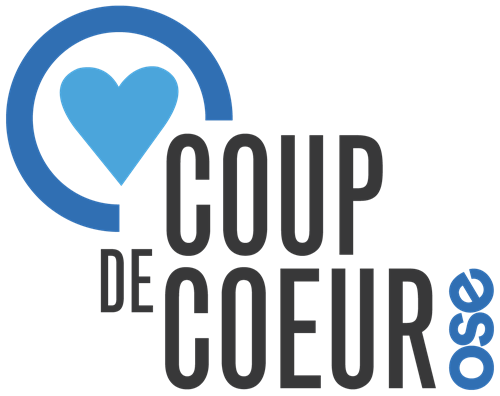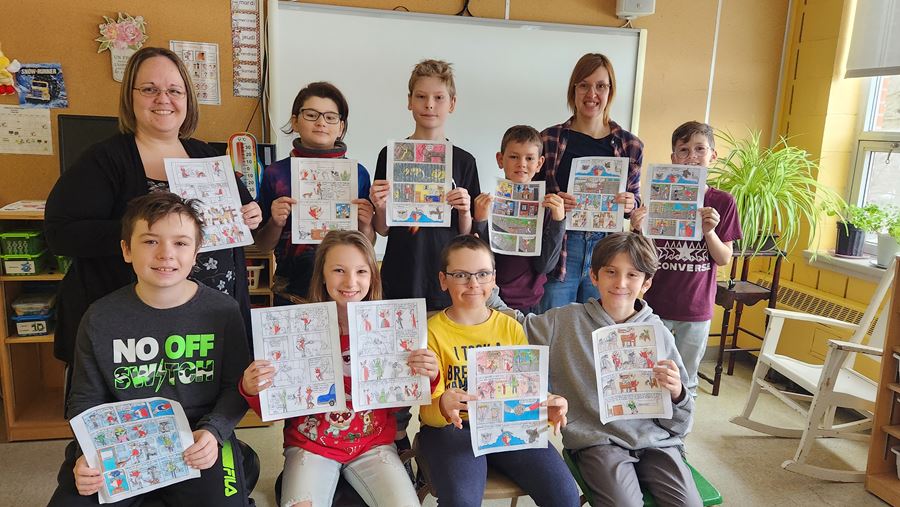Preschool
Only projects undertaken by students registered in an educational institution are accepted.
Multi-level projects
If a project is presented by students from different categories, the project will be placed in the category corresponding to the highest level of education, provided that the level is representative of at least one third of the group. For example, a project presented by 18 students from Elementary Cycle Three and 6 students from Secondary Cycle One will be registered in the Elementary Cycle Three category, since the Secondary Cycle One students make up 25% of the group (i.e. less than one third). However, a project presented by 16 students from Elementary Cycle Three and 8 students from Secondary Cycle One will be registered in the Secondary Cycle One category, since the Secondary Cycle One students make up 33%—or one third—of the group.
Special Education – Elementary School
For elementary school, projects carried out by a majority of students with disabilities, social maladjustments or learning difficulties, that is 50% + 1 of the project participants, fall into this category.
Participating students must be able to meet the Défi OSEntreprendre eligibility criteria in the same capacity as regular students, that is, they must be able to participate meaningfully in the project tasks, as well as in project development and decision making.
Special Education – Secondary School and Adult Education
Students enrolled in one of the following programs must register their project in the Secondary School and Adult Education – Special Education category:
- Continuous Individualized Path for Learning
- Work-Oriented Training Path: Prework Training Program (e.g. Certificate in On-the-Job Training in a Recycling Facility)
- Work-Oriented Training Path: Training for a Semiskilled Trade
- PACTE and Challenges programs
- Pre-DVS programs
- CASP Education Program: A Competency-Based Approach to Social Participation for students aged 6 to 15 with moderate to severe intellectual disabilities
- Social integration programs in adult education
Participating students must be able to meet the Défi OSEntreprendre eligibility criteria in the same capacity as regular students, that is, they must be able to participate meaningfully in the project tasks, as well as in project development and decision making.
For projects that include a number of students who are eligible under the Secondary School and Adult Education – Special Education category, a minimum of 50% + 1 of the group must consist of students who are eligible under Special Education in order for the project to be registered in this category. For example, if a project is presented by 15 students, at least 9 students must be eligible under the Secondary School and Adult Education – Special Education category in order for it to be registered in this category.
Vocational Training and Adult Education
The Vocational Training and Adult Education category is designed for students enrolled in vocational training or adult general education.
Adults with social maladjustments who receive social integration instructional services in an adult education institution fall into the Secondary School and Adult Education – Special Education category.


